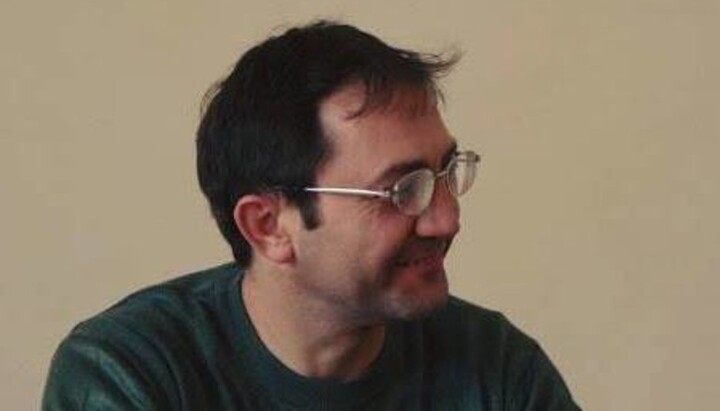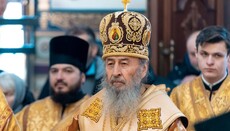Expert: Unity of Ukrainian Orthodoxy within the OCU does not seem realistic

Religious scholar Sarapin explained why he finds constructive dialogue on the unity of Ukrainian Orthodoxy dubious.
Oleksandr Sarapin, an associate professor at the Department of Religious Studies at Taras Shevchenko National University of Kyiv, presented a report on the state of Orthodoxy in Ukraine, in which he criticized the policies of the OCU.
According to Sarapin, the OCU has "grown accustomed to positive support and approval from the authorities, media, and social networks," which has helped establish its image as a "state church." He also noted that the OCU leveraged the patriotic sentiments of Ukrainians during the war. The religious scholar believes that public opinion supports the OCU's efforts to create a unified Ukrainian Orthodox Church.
Sarapin highlighted that the OCU's aspiration to exclusivity within Ukraine’s canonical domain could hinder dialogue with other Orthodox jurisdictions. "Metropolitan Epifaniy has repeatedly emphasized that the OCU is the only canonical Orthodox jurisdiction in Ukraine. However, similar claims to canonical territory are also made by the UOC and the UOC-KP," Sarapin stated, pointing out the tensions between Orthodox denominations.
The religious scholar also questioned Epifaniy's declarations about the OCU being Ukraine's largest confessional organization in terms of the number of communities. Sarapin cited the OCU leader’s claim that his structure is the largest religious organization in the country: "However, according to DESS data as of January 1, 2024, there were 8,295 OCU religious organizations and 10,919 UOC religious organizations. Such claims implicitly highlight the OCU's exclusivity as the sole canonical jurisdiction in Ukraine. Naturally, this stance makes constructive dialogue on the unity of Ukrainian Orthodoxy unlikely. Furthermore, negotiations from a position of superiority over UOC competitors are unlikely to be productive," Sarapin remarked.
The expert also warned that the OCU's unitary approach could lead to increased ecclesiastical authoritarianism: "The danger of implementing a course toward canonical unitarism lies in the potential shift toward church authoritarianism, which contradicts the idea of pluralism."
In conclusion, Sarapin emphasized that the future of Orthodoxy in Ukraine depends on the ability of different denominations to find common ground for cooperation, a challenging task given the current disagreements.
As previously reported by the UOJ, the "synod" of the OCU expressed disappointment over the UOC's unwillingness to engage in dialogue.











